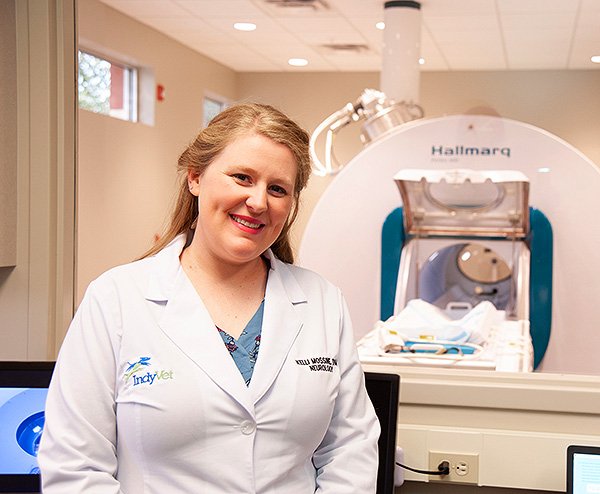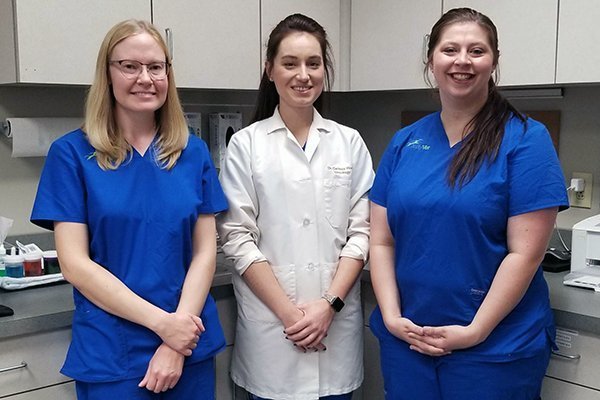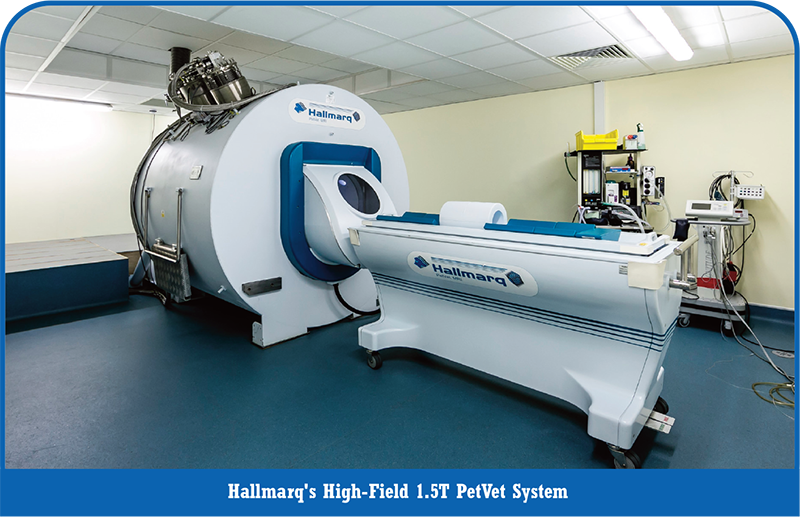IndyVet Neurology Services Coming September 2018

IndyVet Oncology Services Coming January 2019

The addition of Dr. Carrissa Wood to our talented team of specialists will further refine our approach to cancer treatment at IndyVet! Carrissa is motivated, compassionate, and driven by the desire to help referring veterinarians and pet owners confronting cancer in their pets.

